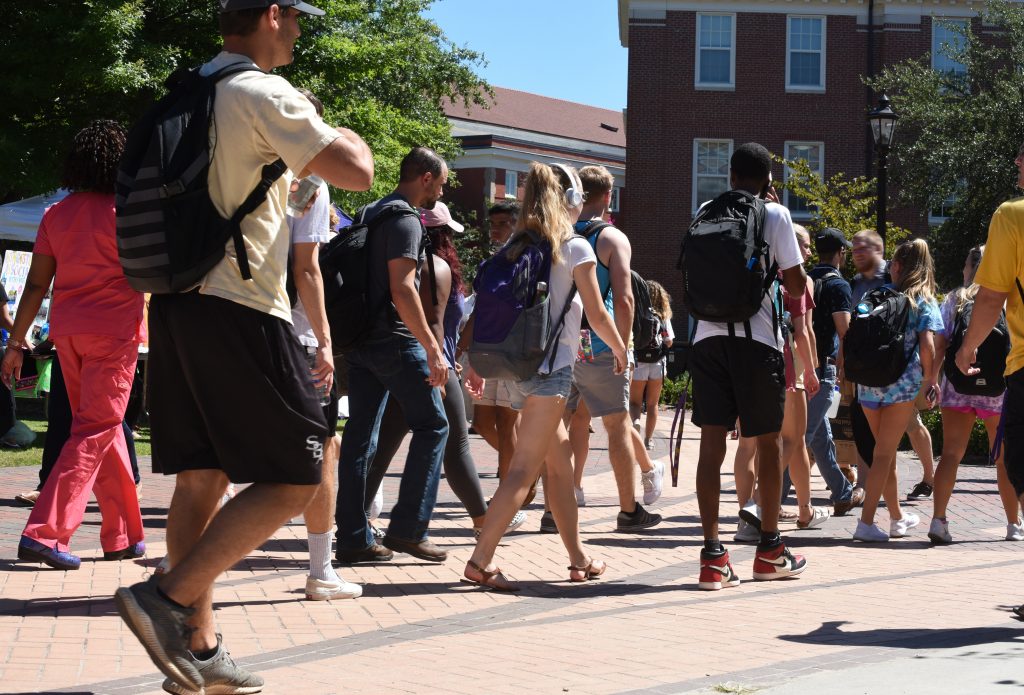While President Donald Trump’s administration continues its efforts to systemically roll back consumer protections, Maine has made moves to protect residents and ward off financial predators.
Maine’s Legislature has enacted a new Student Loan Bill of Rights — one of only five in the country to protect borrowers from predatory loan servicers — as well as new accountability measures to keep for-profit colleges from scamming students.
Borrowers win under Student Loan Bill of Rights
Mainers carry more than $6 billion in student debt. More than one-quarter of Maine borrowers report that problems with their loan servicer caused them to default on their loan, bringing all default’s crushing financial consequences down upon them.
Student loan servicers receive taxpayer dollars to process loan payments from borrowers with federally guaranteed education loans. These financial companies are supposed to help borrowers responsibly pay down their debt, but across the country the industry is preying on struggling borrowers. They routinely pad their profits by steering borrowers away from affordable repayment plans and changing loan terms without permission or notice.
The Student Loan Bill of Rights, sponsored by Sen. Eloise Vitelli and signed into law by Gov. Janet Mills, will protect borrowers in Maine from such predatory practices. It sets rules to prevent student loan servicing companies from abusing or misleading borrowers. It also creates a new “Student Loan Ombudsman” in state government who would have the power to help Mainers resolve their problems with these companies.
This law will help ensure giant financial corporations aren’t profiting by preying on Mainers who are trying to pay down their student debt.
New rules keep for-profit colleges honest
The Student Loan Bill of Rights wasn’t the only win for Maine consumers this year. Governor Mills also signed another law sponsored by Sen. Vitelli, to crack down on for-profit colleges by establishing basic standards for for-profit higher educational institutions in our state.
For-profit colleges are notorious for misleading or fraudulent recruitment practices that leave students with huge debt and worthless degrees. For-profit colleges target and aggressively market to low-income students and veterans so that they can profit on these students’ eligibility for federal student aid. Students at for-profit colleges are more likely to take out student loans, leave college with more debt, and are more likely to default on their loans.
With the new law in place, for-profit colleges in Maine are required to meet standards for education instruction spending, career placement and employment rates, student loan default rates, and resolving student complaints. The new law increases reporting and oversight and helps protect those enrolling, or thinking about enrolling, in a for-profit college.
However, additional action is necessary to protect Mainers from shady actors in the for-profit college industry.
Because of reciprocity agreements among higher education institutions nationwide, Maine cannot regulate colleges that do not have a physical presence here, meaning most online, for-profit colleges are not subject to our state’s new education standards. This leaves thousands of low-income students and veterans vulnerable to the bad actors who reap their profits from taxpayer-backed student grants.
Other for-profit colleges are questionably converting to non-profit status in order to avoid scrutiny. Meanwhile the Trump Administration has killed two federal investigations into predatory for-profit colleges.
Further consumer finance protection fights loom
While education loan borrowers and students at for-profit colleges gained new protections this year, other consumer finance battles are on the horizon.
Under President Trump’s direction, the Consumer Financial Protection Bureau is seeking to repeal a new federal payday lending rule designed to shield consumers from unfair cycles of ever-expanding debt. The Bureau has also published notice of proposed rulemaking that would enable debt collectors to harass consumers and threaten their privacy.
MECEP will oppose both those efforts. Maine has shown that states can step up when the federal government refuses to stand with consumers. Stay tuned for more information about how you can get involved and make your voice heard.




